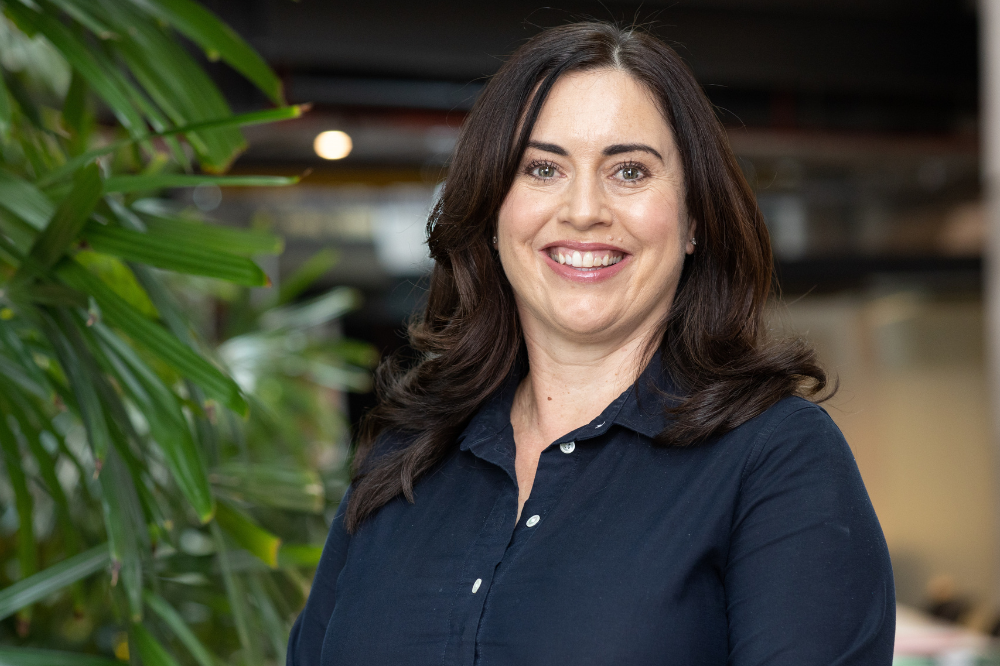"The work on DE&I will never be done"

Applicable to all pertinent staff regardless of tenure, the enhanced leave policy will also see the company pay KiwiSaver contributions at the full rate, enabling the primary caregiver not to fall behind in terms of retirement savings.
“Having a benefit where it’s 14 weeks full pay on top of the government’s 26 weeks paid means that people can be a little bit more flexible in the way that they approach their time off when they have a baby or when they adopt a baby,” said Hunter-Morpeth.
“It gives you a few more choices… And having this extra income takes away a lot of that financial pressure. You can relax and enjoy the baby a little bit more and worry less about how you’re paying for the nappies.”
Also worthy of note, according to AIA New Zealand, is how the parental leave policy helps in trying to bridge the pay gap (currently at 19.1%) at the firm through the programme’s KiwiSaver feature.
“It doesn’t alter your base remuneration, but what it will mean is that for those people who are the primary caregiver – and often that is the woman – we will continue to pay their KiwiSaver at the full rate while they’re on parental leave,” highlighted the chief people and culture officer, who’s been in the world of human resources for about two and a half decades now.
“Each time you have a child, if you want to take a year off, you’re falling behind. So that’s how this parental leave policy contributes to bridging the gender pay gap, by really trying to close the gap on those retirement savings for women.”
Work on DE&I ‘never done’
For Hunter-Morpeth, investing in a good parental leave programme is beneficial all-round – for the business, its employees, and even societally. She suggested, however, that there would not be an end to DE&I pursuits, whatever the industry.
“The work on DE&I will never be done,” Hunter-Morpeth told Insurance Business. “We will never get there, but I would say that it’s always progressing in things like parental leave policies – like the one that we’ve put in place – and other organisations who have done similar things on flexible work… It always evolves and changes, and there will always be more to do because our human race is so diverse; there are always different things to consider.
“But I’m very proud that at AIA, we have six women on the executive team and three women on our board here in New Zealand. So, we’re well represented at the senior levels from a gender diversity perspective, but it’s thinking about all aspects of diversity (including minority groups and people with disabilities) and how we can really encompass and support as many different people in our organisation as possible.”
For the C-level executive, her vision for AIA New Zealand in terms of people and culture is clear.
“The hope that I have for AIA is that we provide an environment where people are the better for working here; that we have, to some degree, enriched their lives through our brand promise of healthier, longer, better lives, and through the roles and experiences that they’ve had,” she shared.
“Ideally, work isn’t a place you go to because you have to – it’s a place that you go to because you enjoy being there, and the work that you do is really impactful and you feel like you’re adding value… If people could describe their experience, that’s what I would like them to say, that they were better for being here.”
Hunter-Morpeth went on to state: “I genuinely think that when you have policies like this in place, it’s better for the business and we’ll have a more engaged, more loyal, more productive workforce. So, I think it’s a real win-win.”





